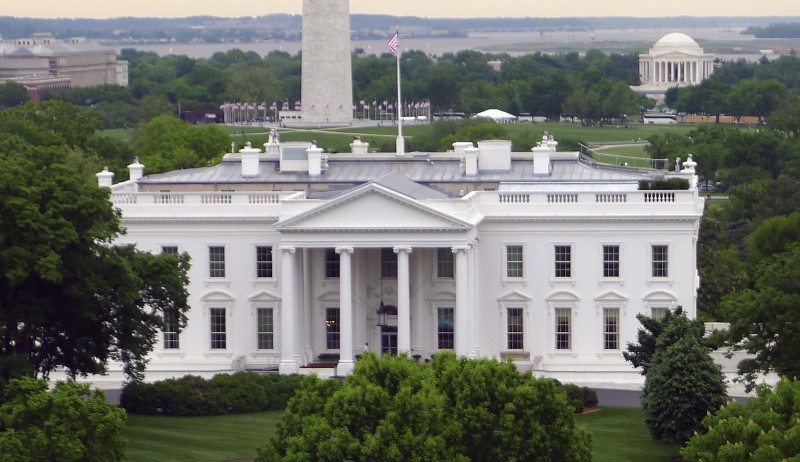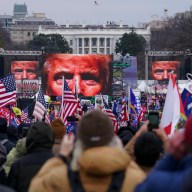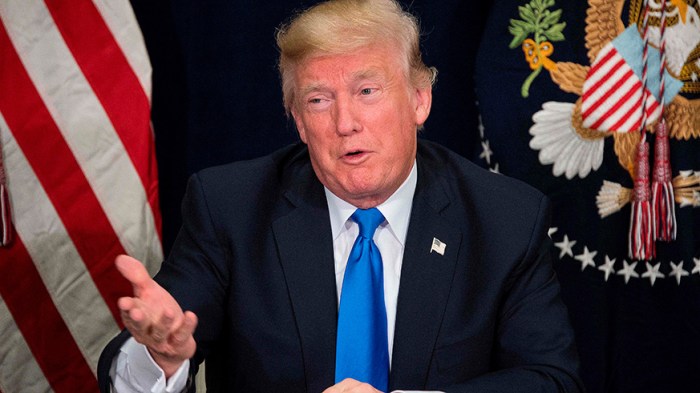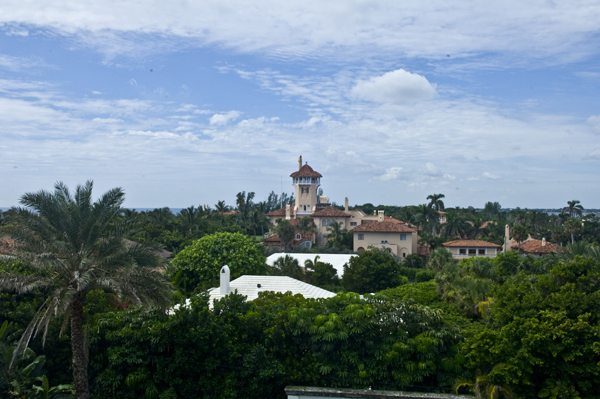Update, Aug. 23:
The Department of Justice backed down from their controversial request from a website used to help organize protests during President Donald Trump’s inauguration.
On Tuesday, DOJ lawyers filed a request to modify their original search warrant to exclude their previous request for server logs from web hosting company DreamHost, which would have revealed data that could personally identify thousands of visitors.
One of DreamHosts’s clients is disruptj20.org, a website that planned multiple protests on or around Jan. 20.
Rather than “all files,” the modification will exclude visitor access, error logs and unpublished media like text and photos.
DreamHost called visitors’ IP addresses “largely safe” in a blog post on Tuesday.
“We see this as a huge win for internet privacy, and we absolutely appreciate the DOJ’s willingness to look at and reconsider both the scope and the depth of their original request for records,” the DreamHost blog reads.
A number of people included in the government’s originally broad request were represented by Public Citizen, a progressive consumer rights advocacy group. Public Citizen believes the government has “no legal justification for seeking out the identities of people who accessed a protest website,” the group said in a statement.
“In the face of growing public concern, the Trump Justice Department has backed down on its outrageously overbroad request for information on every visitor to an inaugural protest website,” Public Citizen President Robert Weissman said. “If the government had prevailed in its request to enforce the original terms of the warrant, it would have significantly chilled dissent.
“And there was every reason to fear that if the Trump administration had been able to get away with their anti-First Amendment request, then more, and more serious, civil liberties infringements would follow. A debt of gratitude is owed to the web hosting company DreamHost, which stood up for speech protections in the face of an improper government demand.”
As much of the DOJ’s original request still stands, DreamHost blogged that there are still a few “problematic” First and Fourth Amendment issues that will be addressed in a hearing scheduled for Thursday.
– Kimberly M. Aquilina
Original article:
A coalition of nonprofit groups on Monday sued the U.S. Department of Homeland Security to obtain logs of visitors to President Donald Trump’s homes.
The lawsuit accused the Secret Service, which maintains the logs, of violating the law by ignoring several requests for lists of visitors to the White House, Trump Tower in Manhattan, and the Mar-a-Lago estate in Palm Beach, Florida.
Monday’s complaint was filed in Manhattan federal court by the Citizens for Responsibility and Ethics in Washington (CREW), the Knight First Amendment Institute at Columbia University, the National Security Archive, and archive researcher Kate Doyle.
The plaintiffs had requested the logs under the federal Freedom of Information Act.
Similar litigation by CREW in 2009 prompted the Obama administration to disclose White House visitor logs on a delayed basis, and according to the complaint led to the release of 5.99 million records.
A spokesman for the Homeland Security Department, which oversees the Secret Service, said the department does not discuss pending litigation. The lawsuit was reported earlier by the Washington Post.
The website where White House visitor logs were available went dark after Trump became president.
That page now reads: “This page is being updated. It will post records of White House visitors on an ongoing basis, once they become available.”
Several Democratic lawmakers last month called on Trump, a Republican, to make logs public again.
Many FOIA lawsuits against federal agencies are filed in Washington rather than New York.
But in August 2013, the federal appeals court in Washington said Congress did not intend to authorize FOIA requesters to obtain records “indirectly” from the Secret Service that they could not obtain directly from the President.
That decision involved a request by the conservative group Judicial Watch for records of all White House visitors over seven months.
It was written by Chief Judge Merrick Garland, whose Supreme Court nomination by Obama was never acted upon by Congress.
Federal judges in Manhattan can use Garland’s opinion for guidance, but need not follow it.

















